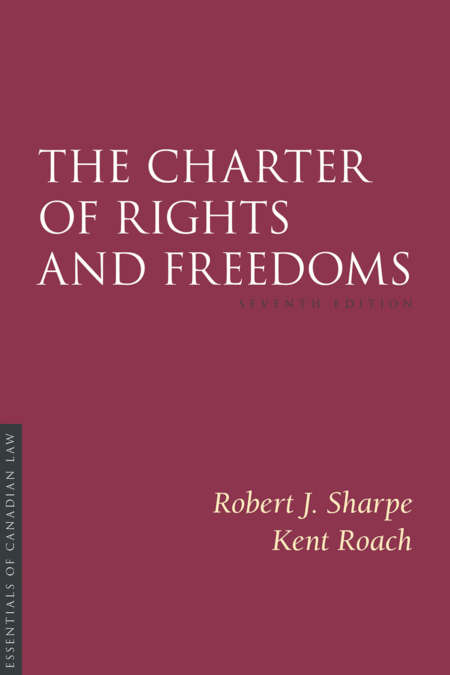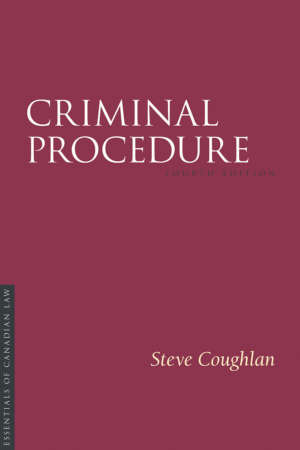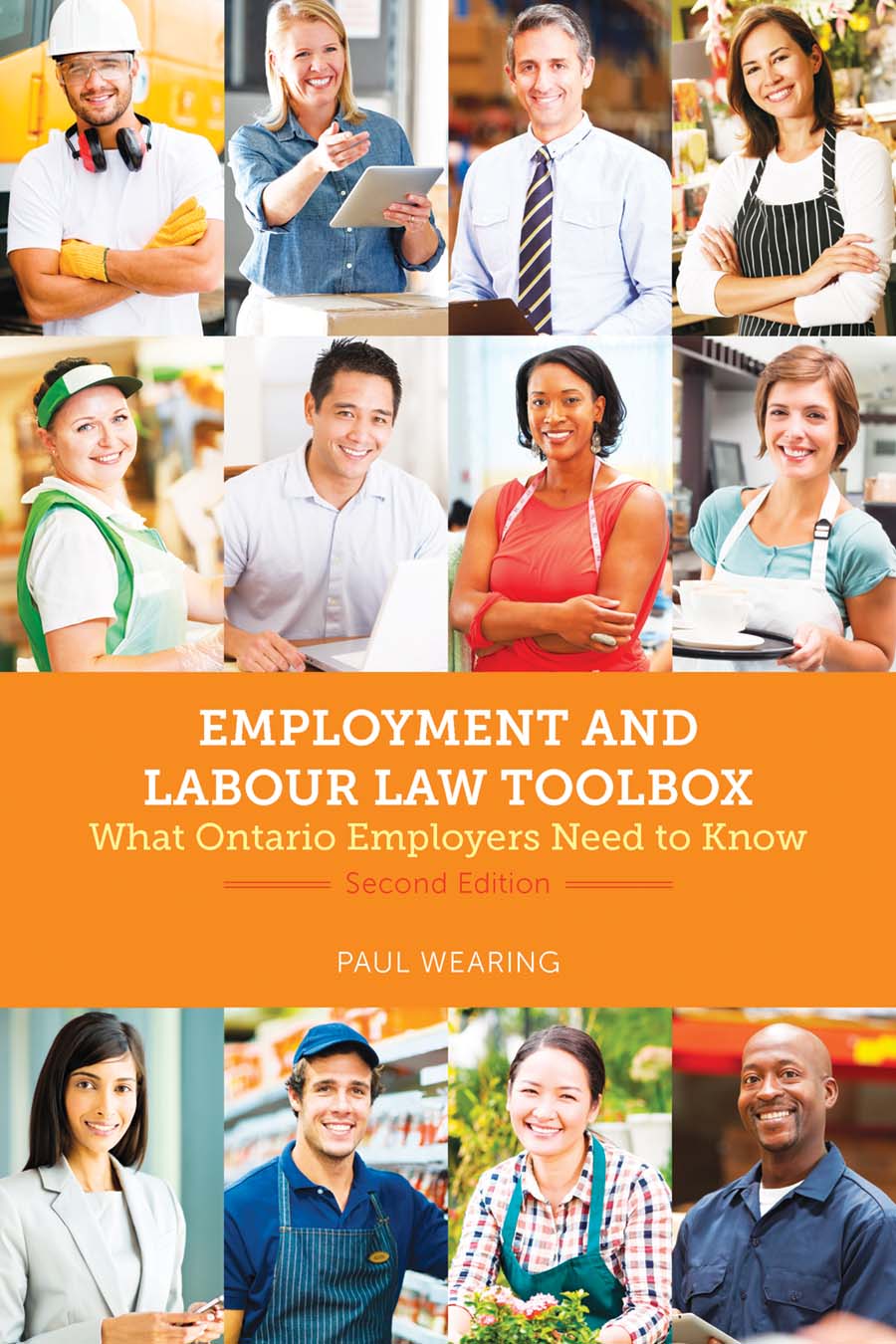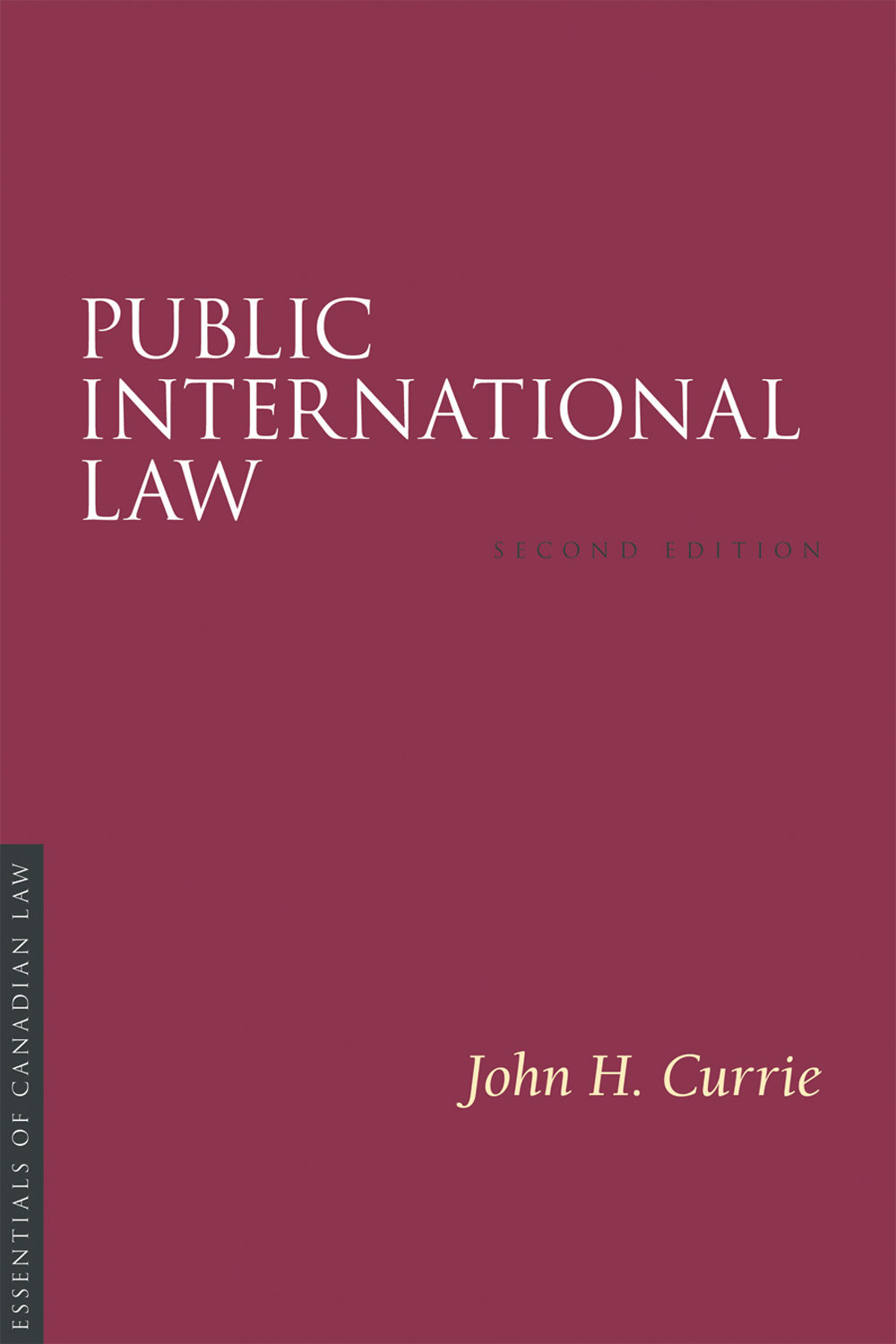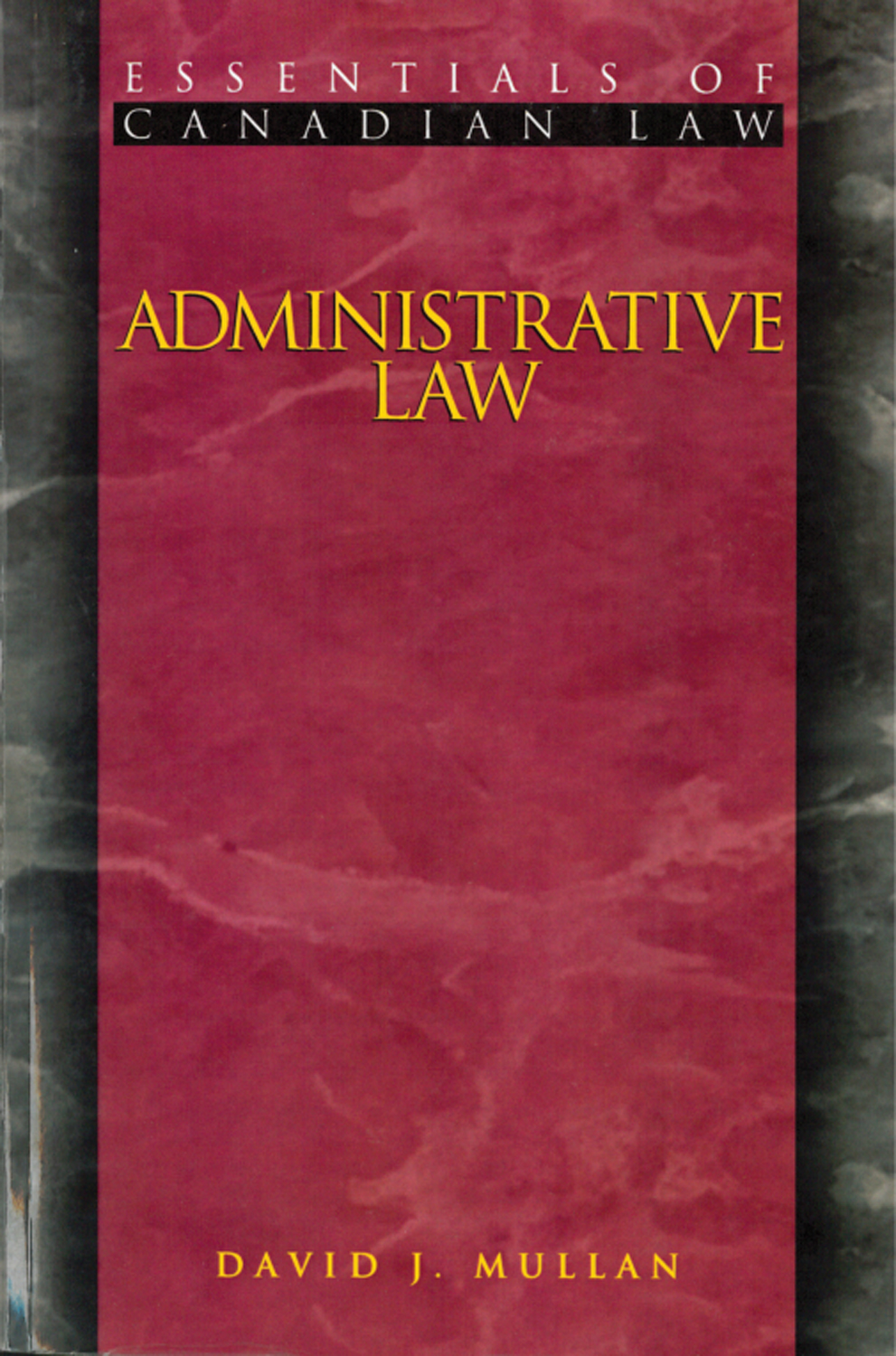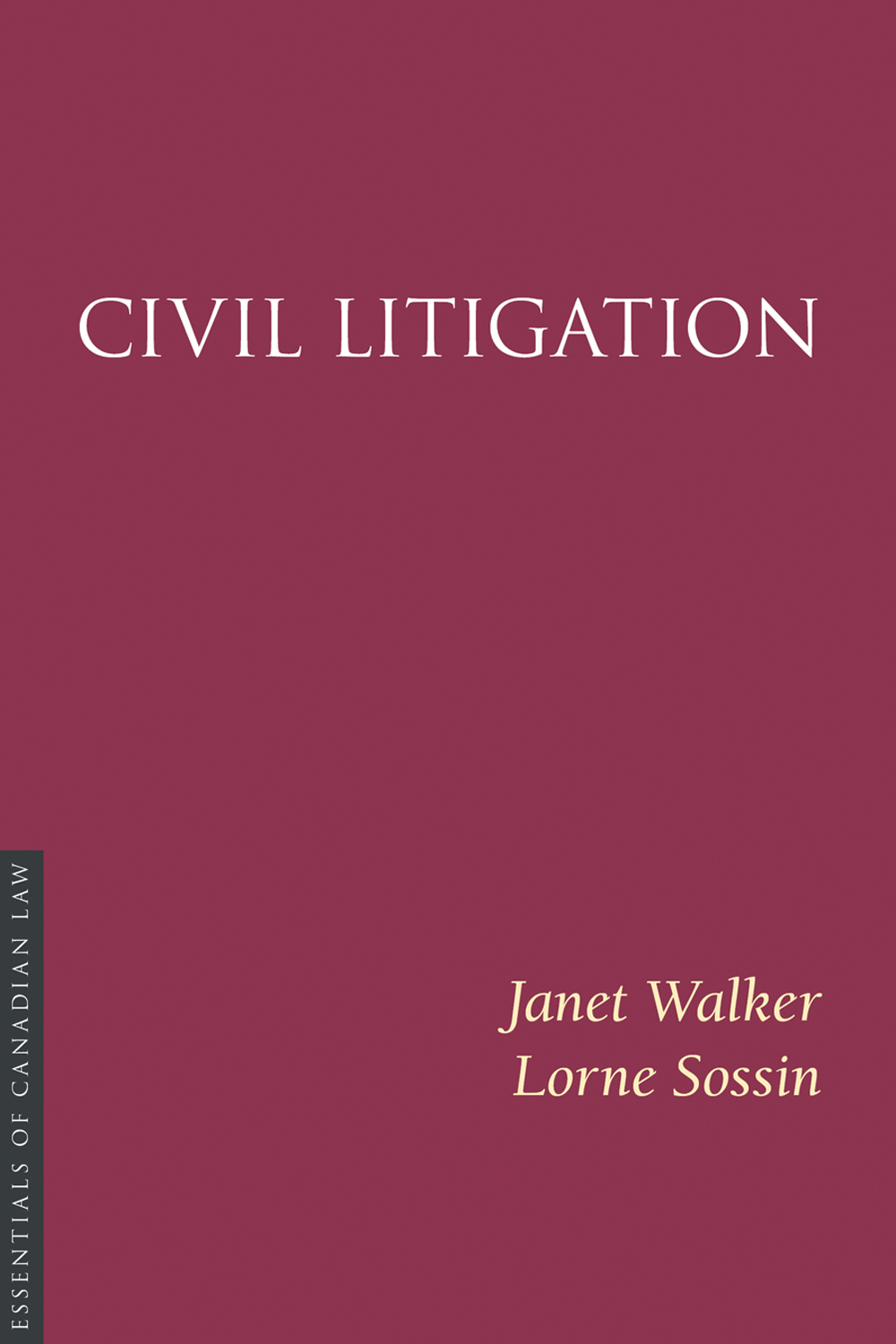Jurisdiction
7 definitions found for this term.
Definitions are presented in the order source books were published (most recent first).
Legal authority to decide.
The legal authority to act in certain manners. Parliament must have jurisdiction to legislate over particular criminal matters, and courts and judges must have jurisdiction in various ways (for example, territorially) to conduct a trial.
Power or authority to make a decision or to issue an order.
At one level, jurisdiction refers to a set boundary or territory; hence, “Canada” is a jurisdiction with specific borders and defined geographic space. Jurisdiction also refers to a notion of juridical power; hence, one can speak of “federal” or “provincial” jurisdiction (based on the division of powers in the Constitution Act, 1867) or whether, for example, a small claims court judge has jurisdiction (i.e., legitimate power) to hear a defamation claim.
The various forms of power exercised by a state over persons, property, events, and territory.
Specifies or stipulates the limits of authority of a body’s authority. For a law enforcement agency, the jurisdiction defines the legal boundaries of operation that generally coincide with political boundaries, such as the limits of a city, and with the types of cases for which it assumes responsibility. The same basic description applies to courts.
The issues or domains over which a statutory or prerogative authority has power or a mandate.

